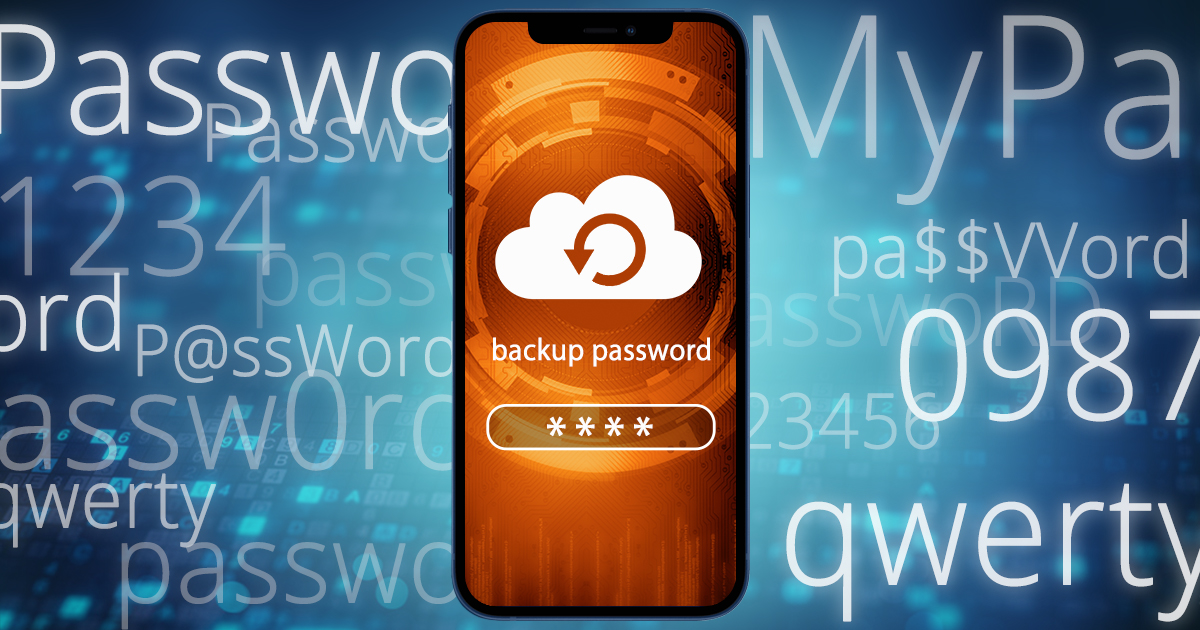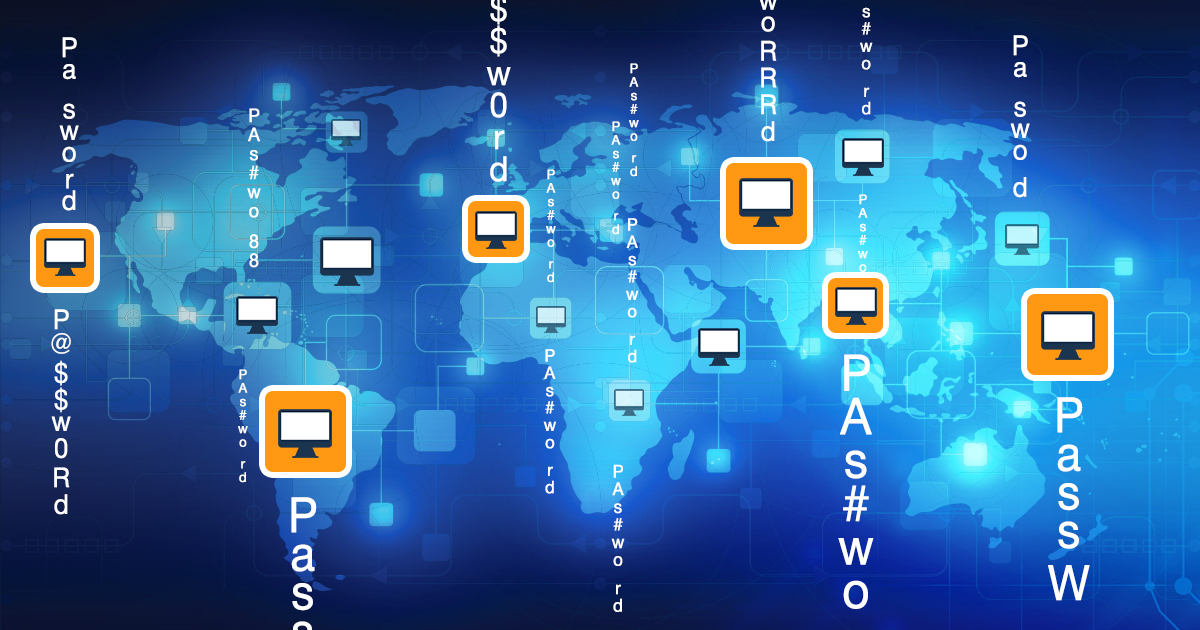German law has always been strict about any possible security breaches. This week German court ordered that anyone using wireless networks should protect them with a password so the third party could not download data illegally.
However, there is no order that users have to change their Wi-Fi passwords regularly, the only requirement being to set up a password on the initial stage of wireless access installation and configuration.
I’ve conducted a mini-research here in Russia. There are 5 wireless networks in range that my computer finds when at home. Although all of the networks have rather bizarre names, they are all WPA- or WPA2-protected. My guess is that people do not install wireless access at home by themselves or browse the Internet for instructions and find some on protection and passwords. At the same time, I often come across unprotected networks in Moscow and I do use them to check my Twitter account. It is obvious that to make any conclusions, one has to dive into this topic much more deeply.
What I learnt working for ElcomSoft – the company that recovers passwords and does it very well – is the following: sometimes a password is not enough. You need a good password to make sure your data is protected. WPA requires using passwords that are at least 8 characters long. Such length guarantees quite good protection. The problem as usual is the human factor. We still use admin123 and the like to protect our networks.
Fortunately, there are tools that can help you check how strong your WPA/WPA2-password is. One of such tools is Wireless Security Auditor. It makes use of various hardware for password recovery acceleration and a set of customizable dictionary attacks. The idea is simple: if this monster does not find your WPA/WPA2-password, then it is secure 
Nice weekend to all.



